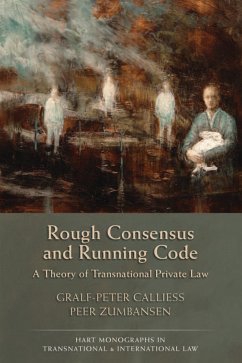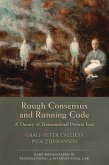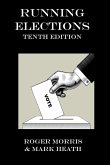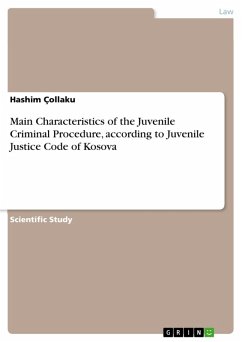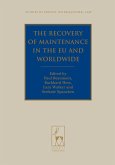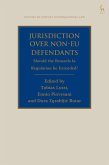Private law has long been the focus of efforts to explain wider developments of law in an era of globalisation. As consumer transactions and corporate activities continue to develop with scant regard to legal and national boundaries, private law theorists have begun to sketch and conceptualise the possible architecture of a transnational legal theory. Drawing a detailed map of the mixed regulatory landscape of 'hard' and 'soft' laws, official, unofficial, direct and indirect modes of regulation, rules, recommendations and principles as well as exploring the concept of governance through disclosure and transparency, this book develops a theoretical framework of transnational legal regulation.
Rough Consensus and Running Code describes and analyses different law-making regimes currently observable in the transnational arena. Its core aim is to reassess the transnational regulation of consumer contracts and corporate governance in light of a dramatic proliferation of rule-creators and compliance mechanisms that can no longer be clearly associated with either the 'state' or the 'market'. The chosen examples from two of the most dynamic legal fields in the transnational arena today serve as backdrops for a comprehensive legal theoretical inquiry into the changing institutional and normative landscape of legal norm-creation.
Rough Consensus and Running Code describes and analyses different law-making regimes currently observable in the transnational arena. Its core aim is to reassess the transnational regulation of consumer contracts and corporate governance in light of a dramatic proliferation of rule-creators and compliance mechanisms that can no longer be clearly associated with either the 'state' or the 'market'. The chosen examples from two of the most dynamic legal fields in the transnational arena today serve as backdrops for a comprehensive legal theoretical inquiry into the changing institutional and normative landscape of legal norm-creation.

